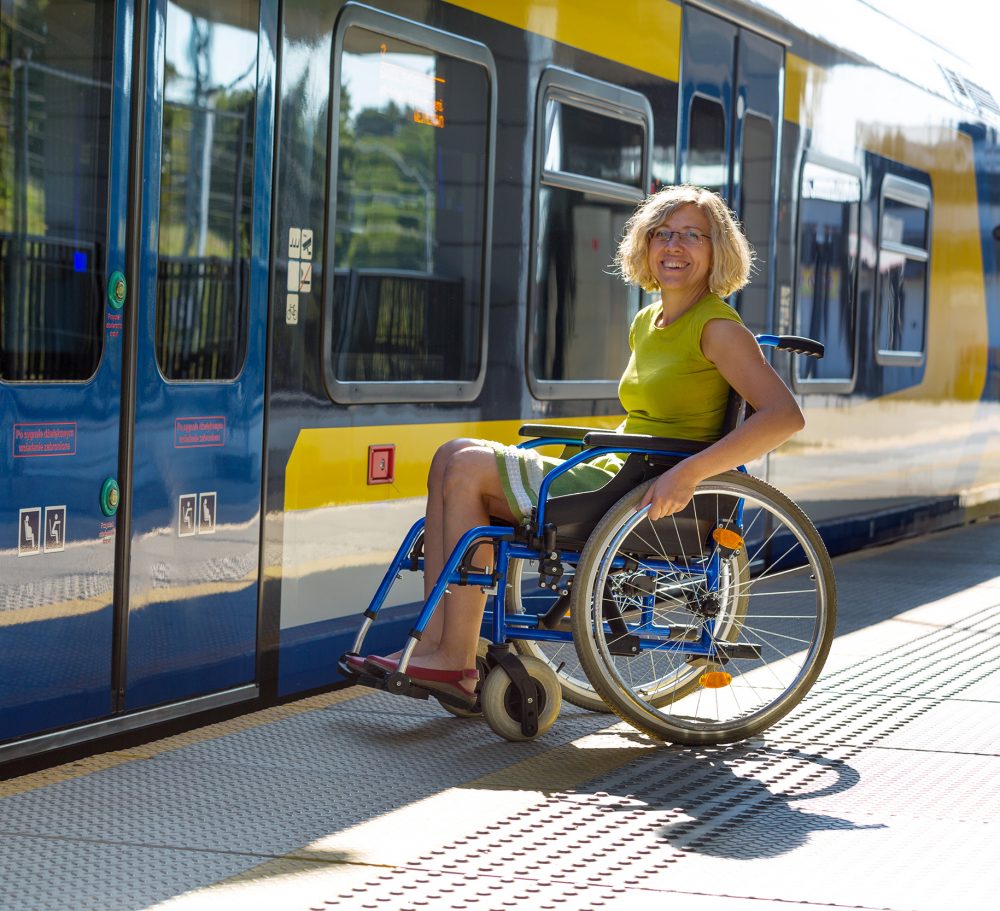
Thanks to the cross-channel rail services it is getting easier all the time to travel extensively across Europe by train.
For countries within the European Union there are common rules about the level of service you are entitled to receive and about your rights to assistance.
If you are travelling beyond the EU, it is wise to check arrangements when you book and to make sure that your needs have been understood.
Booking
Trains in most countries are now wheelchair accessible, but there are still a few older trains which do not yet meet modern access standards. Many stations are also accessible, but again there are still some where access between platforms is difficult and will involve climbing steep stairs.
If you are transferring from the Eurostar (which has good levels of access) to another train in Europe, it is important to check in advance what the access is like both on the train and at the stations you plan to use. All major interchange stations in major cities should have good accessibility.
Within the European Union you have the right to expect assistance both at the station and on board the train. Make sure that you tell the train company or travel agent when you book what your assistance needs are.
Toilets
There will generally be accessible toilets on the train and at some stations – if necessary check when booking exactly what the facilities comprise, and where they are.
Travelling in a wheelchair
If you want to travel seated in your wheelchair, you need to specify that when booking so that the space (which is near the accessible on-board toilet) can be reserved for you.
For information on the different access standards and requirements in countries outside the UK, see https://raileurope.co.uk/blog/accessible-train-travel-uk-europe.
Another useful source of information and advice on what to expect is at: https://www.seat61.com/Europe-train-special-needs.htm.
Travelling with an assistance dog
If you want to travel with an assistance dog, you will need to meet the requirements of the Pet Travel scheme. See https://www.gov.uk/take-pet-abroad/guide-dogs.
You should also make sure that you have your dog’s ID to confirm that is has been trained as an assistance dog as some companies (including Eurostar) only accept assistance dogs, not pets.
